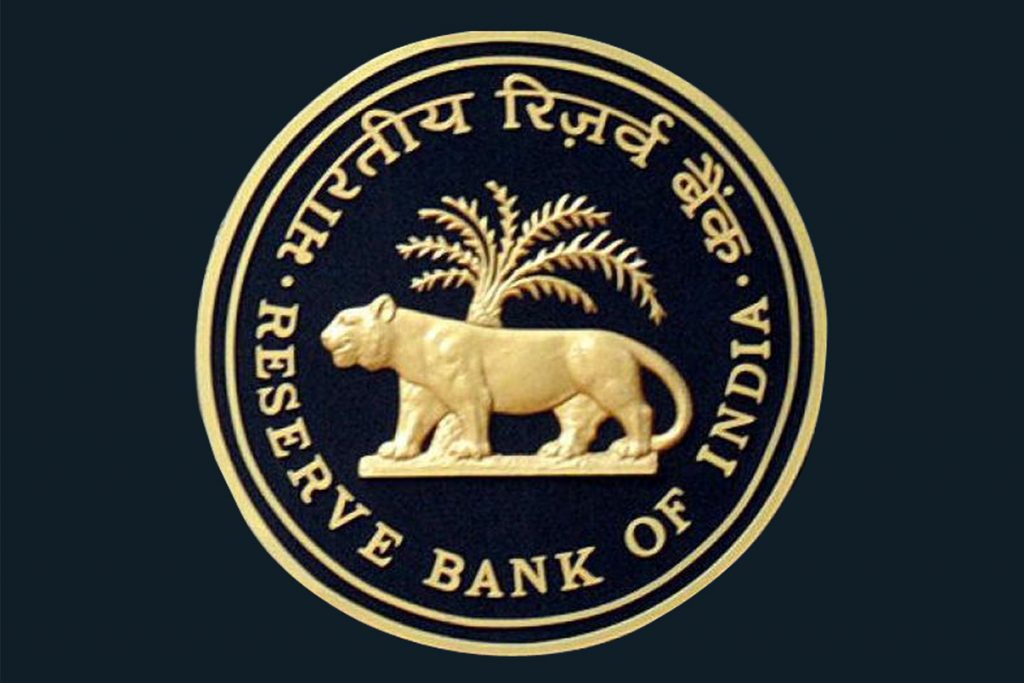The Reserve Bank of India: A Pillar of India’s Economy
The Reserve Bank of India (RBI) is the central bank of India, established on April 1, 1935, under the Reserve Bank of India Act, 1934. It began operations on April 1, 1935, in Calcutta (now Kolkata). The RBI plays a pivotal role in India’s economy, overseeing monetary policy, regulating the banking system, and issuing currency.
Key Functions of the RBI:
-
Monetary Policy: The RBI is responsible for formulating and implementing monetary policy, which involves managing the money supply in the economy to achieve price stability, full employment, and economic growth. Key tools used by the RBI for monetary policy include interest rate changes, open market operations, and reserve requirements.
-
Currency Issuance: The RBI is the sole authority for issuing currency in India. It ensures the security and integrity of the rupee, the country’s legal tender. The RBI also manages the country’s foreign exchange reserves.
-
Banking Regulation and Supervision: The RBI oversees and regulates the Indian banking system. It ensures the safety and soundness of banks, protects depositors’ interests, and promotes competition in the banking sector. The RBI also licenses new banks and supervises their activities.
-
Payment Systems: The RBI promotes efficient and secure payment systems in India. It develops and regulates payment infrastructure, such as RTGS (Real-Time Gross Settlement), NEFT (National Electronic Funds Transfer), and UPI (Unified Payments Interface).
-
Development and Regulation of Financial Markets: The RBI plays a crucial role in the development and regulation of financial markets in India. It promotes the growth of capital markets, including the stock market and bond market, and ensures their orderly functioning.
The RBI and Economic Development:
The RBI has played a significant role in India’s economic development. Its policies and actions have helped to stabilize the economy, control inflation, and promote growth. The RBI has also been instrumental in fostering financial inclusion, ensuring that a larger section of the population has access to financial services.
Some of the key achievements of the RBI include:
- Inflation Management: The RBI has successfully managed inflation in recent years, ensuring price stability in the economy.
- Financial Inclusion: The RBI has implemented various initiatives to promote financial inclusion, such as the Pradhan Mantri Jan Dhan Yojana and the Bharat Bill Payment System.
- Digital Payments: The RBI has been at the forefront of promoting digital payments in India, leading to a significant increase in the use of digital transactions.
- Financial Stability: The RBI has taken measures to ensure the stability of the Indian financial system, including strengthening the banking system and regulating financial markets.
Challenges Faced by the RBI:
Despite its achievements, the RBI faces several challenges in today’s complex and dynamic economic environment. Some of these challenges include:
- Balancing Growth and Inflation: The RBI often faces the dilemma of balancing economic growth with inflation control.
- Managing Non-Performing Assets: The RBI has been grappling with the issue of non-performing assets (NPAs) in the banking system.
- Financial Technology (FinTech): The rapid growth of FinTech companies has presented new challenges and opportunities for the RBI.
- Global Economic Uncertainty: The RBI must navigate the complexities of the global economy, including trade wars, geopolitical tensions, and economic downturns.
Conclusion:
The Reserve Bank of India is a vital institution that plays a crucial role in India’s economy. Its functions extend beyond monetary policy to include banking regulation, payment systems, and financial market development. The RBI has made significant contributions to India’s economic growth and stability, and it continues to face new challenges and opportunities in the evolving global landscape.


